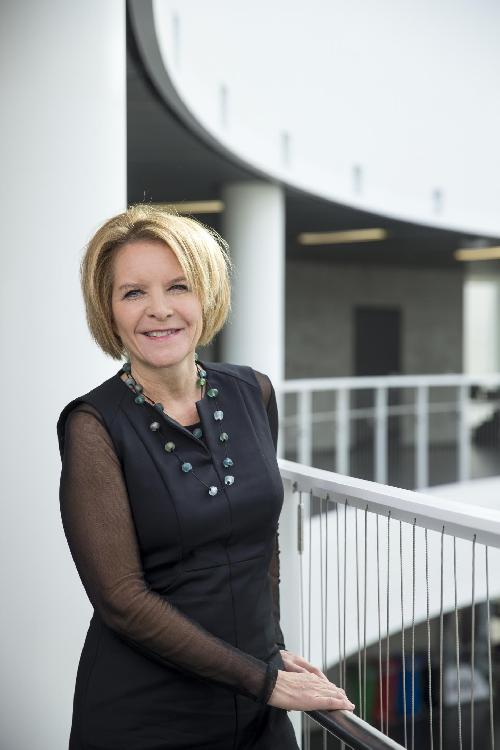Reykjavik April 26, 2016 -- In 1998 substance use amongst adolescents in Iceland was one of the highest in Europe. By 2015, it was amongst the lowest. Dr. Inga Dora Sigfusdottir, Professor at Reykjavik University, Research Professor at Columbia University and Scientific Director of the Icelandic Centre for Social Research & Analysis (ICSRA) introduced this twenty year success story at the United Nations General Assembly on the world drug problem in New York last week. The talk was held at a side event of the UNGASS 2016 Special Session.
The "Youth in Europe - A Drug Prevention Program" (YiE) is based on primary prevention work which originated in Iceland in 1998. The evidence-based, international programme was initiated by Icelandic scientists, the city of Reykjavik and ECAD (European Cities against Drugs) and is currently being carried out in over 30 European cities and municipalities, including Helsinki, Bucharest, Oslo, Riga, Sofia and St. Petersburg.
Among remarkable results obtained in Iceland is that the proportion of 15-16 years old who said they had gotten drunk within a month before answering the study dropped from 42% in 1998 to 5% in 2016. Daily smoking dropped from 23% in 1998 to 3% in 2016 and cannabis lifetime use dropped from 17% in 1998 to 7% in 2016. At the same time active participation in sports increased from 23% in 2000 to 42% in 2014, the ratio of 14-16 years old who spent considerable time with their parents during weekdays increased from 23% in 1997 to 50% in 2014 and the proportion of 14-16 years old who had been outside after 10 pm decreased from 53% in 2000 to 23% in 2014.
 Dr. Inga Dora Sigfusdottir, Professor at Reykjavik University, Research Professor at Columbia University and Scientific Director of the Icelandic Centre for Social Research & Analysis (ICSRA). Credit: Reykjavik University
Dr. Inga Dora Sigfusdottir, Professor at Reykjavik University, Research Professor at Columbia University and Scientific Director of the Icelandic Centre for Social Research & Analysis (ICSRA). Credit: Reykjavik University
There are three core elements to the YiE programme: a community based approach, collaboration between researchers, policy makers and people in the field, and evidence based work. The programme uses research as a basis for policy and actions on the local and national level, focusing on the risks and protective factors in the lives of youths, by regularly monitoring substance use and various social parameters among adolescents, and subsequently addressing these factors in a professional manner. A number of measures have been implemented in Iceland in the last two decades to boost protective factors and minimise risk of substance use among adolescents, based primarily on results from the YiE study. These include raising the legal age of adulthood from 16 to 18 years, increasing the age limits to buy tobacco and alcohol from 18 to 20 years, and imposing strict regulations for selling tobacco and alcohol, including a ban on advertising. Financial support for organised sports and healthy lifestyle activities has also been increased considerably during this time. The government has also set and upheld strict rules on minimum outdoor hours of children and teenagers, and parents have been urged to spend more time with their children.
The President of Iceland, Mr. Ólafur Ragnar Grímsson, is the patron of the programme. The main sponsor is Activis Group, an international pharmaceutical company with operations all over Europe. The UNGASS side-event was organised in collaboration with IOGT International and the governement of Iceland.
source: Reykjavik University